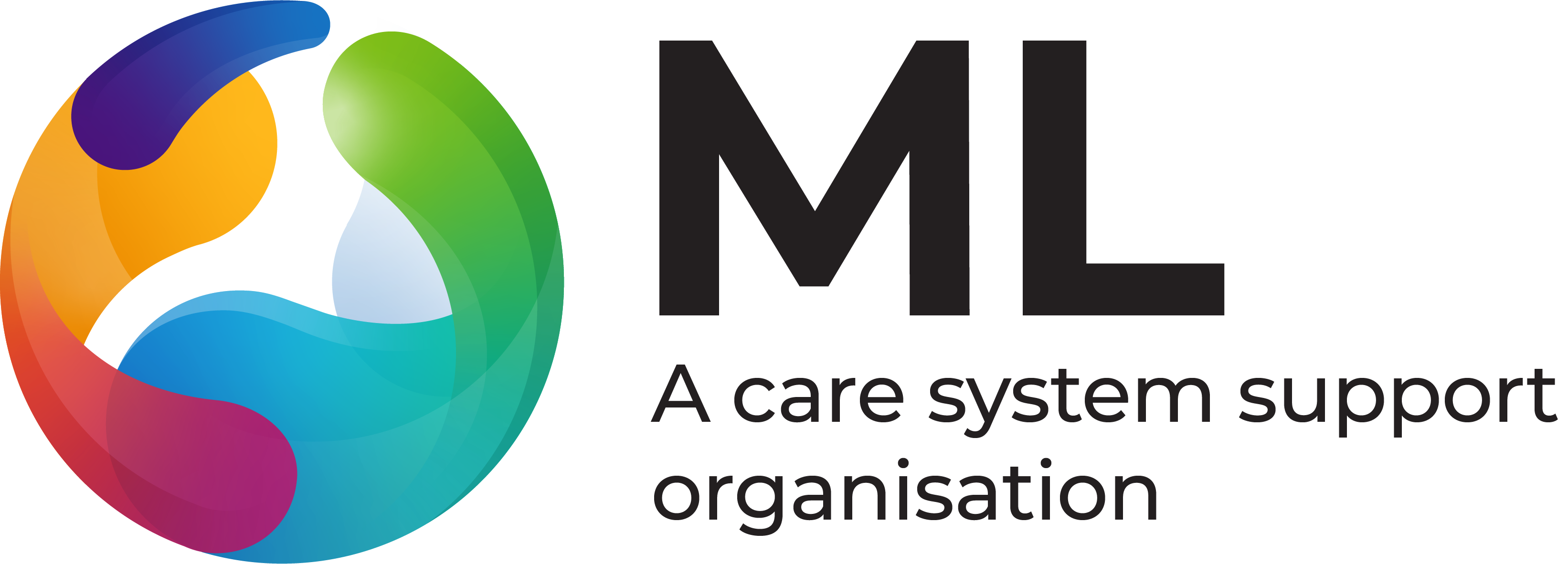Improving medicines safety in care homes
Background
NHS England and NHS Improvement commissioned MLCSU to deliver its Medicines Optimisation in Care Homes (MOCH) pilot project across The Black Country and West Birmingham Sustainability and Transformation Partnership. This programme is focused on integrating pharmacists and pharmacy technicians into the wider primary care workforce and supporting patients in care homes.
100% of care home and GP practice staff, and patients responding to surveys said they'd recommend this service
Action
MLCSU pharmacists worked as part of a multidisciplinary team to provide leadership on person-centred medicines optimisation. Several services were provided including 30-minute, in-depth, structured medication reviews, pharmacy technician led medicines waste audits and system reviews to support medicines safety.
Impact
The programme is improving outcomes and access for patients, relieving the pressure on GPs and accident and emergency departments, ensuring best use of medicines, and driving better value. The structured medication reviews have supported the proactive management of individual patient need, improving their quality of life.
The pilot project generated actual drug cost efficiencies of over £149,000 (excluding cost improvement from potential hospital admissions avoidance), with a saving per patient reviewed of £100. The service freed up on average 62 GP appointments per month (this excludes setup time, and pause caused by the COVID-19 pandemic), plus time spent on processing 100 outpatient and 46 discharge letters.
The care home system review provided assurance across a range of areas and identified where improvements were required.
All of the care homes were found to require improvement in at least 35% of the areas examined.
All were deficient in the areas of medicine policy and medical records.
Where more than 70% were deficient in the same area; this was classed as a priority theme;
55% of the priority theme areas required urgent improvement. These were self-administration, staff training, ordering and receipt of medicines, safe storage of medicines and medication alerts and adverse reactions.
Over £1,222 of avoidable waste was identified from waste medicine audits in 11 of the care homes.
The pharmacy technician provided training to improve repeat prescribing processes within care homes; supporting communication between care homes, GP practices and community pharmacy to embed the new way of working. Training also covered the 28-day medication cycle, expiry date guidance document and good practice on disposal of medicines.
Overall Project Summary (Jan 2019 - Dec 2020)
| Total number of reviews (commenced from 01/07/2019) | 1491 |
| Number of interventions | 2527 |
| Number of high-risk drug interventions | 233 |
| Total number of concordance and compliance queries | 80 |
| Total number of cost-effective drug switches | 212 |
| Total number of drugs stopped | 1283 |
| Total number of drugs requiring formulation changes | 216 |
| Total number of drugs started as a preventative or for symptomatic patients | 92 |
| Total number of drug dose optimisations | 706 |
| Number of care home systems review visits and reports* | 21 |
| Number of care home waste audits | 11 |
| Total number of GP appointments saved | 1491 |
| GP time saved (mins)** | 13747 |
| Cost Savings | |
|---|---|
| Cost savings associated with medication reviews | £149,359 |
| Cost savings associated with GP time saved*** | £42,195 |
| Cost savings associated with medicines waste audits | £1,222 |
| Drug cost savings per patient | £100 |
*Overall, 19 care homes were initially reviewed with two follow up reports
**Calculation based on one GP consultation duration of 9.22 minutes for 2019
***Calculation based on £28.30, the reference GP consultation cost for 2019

